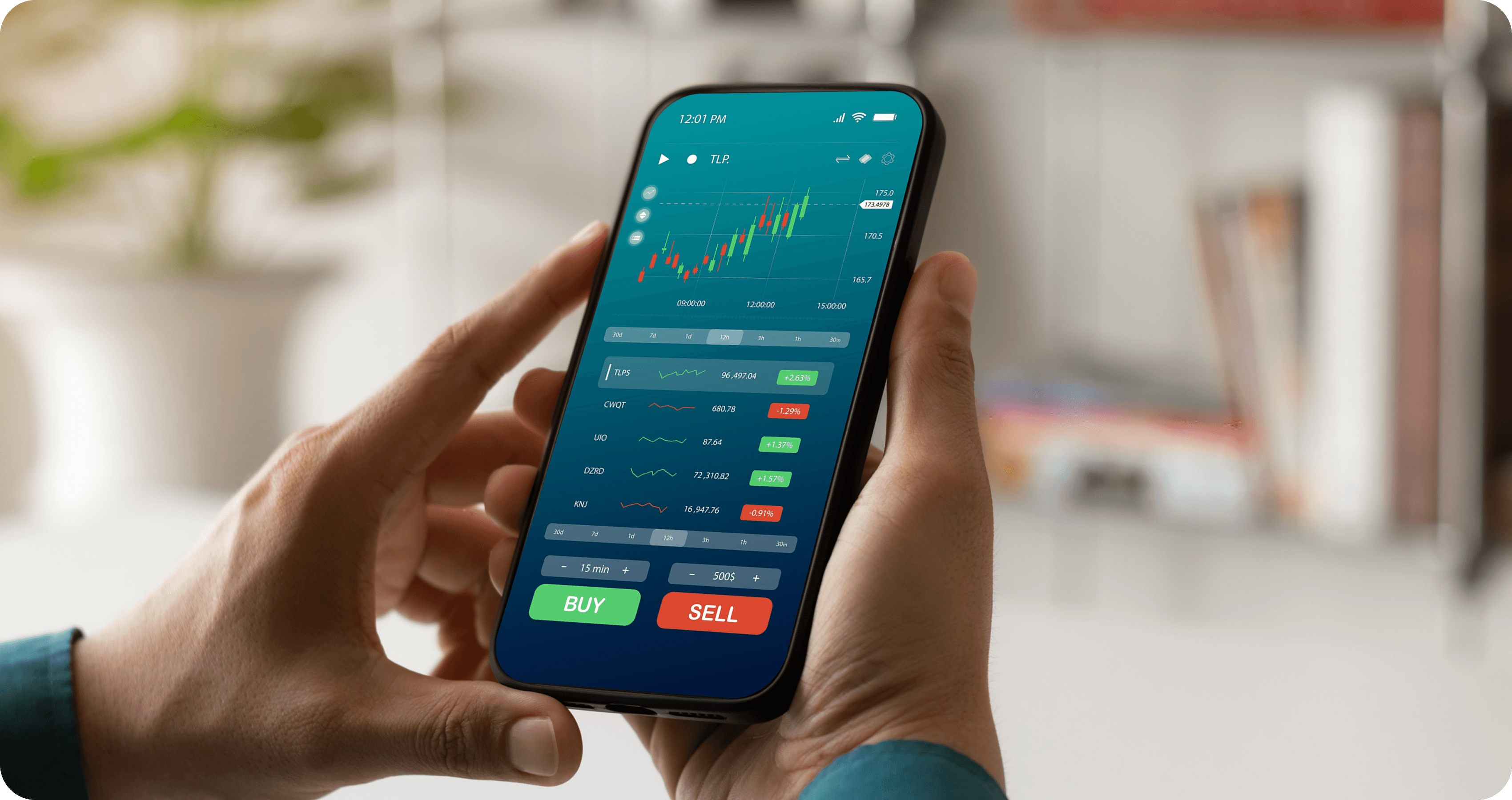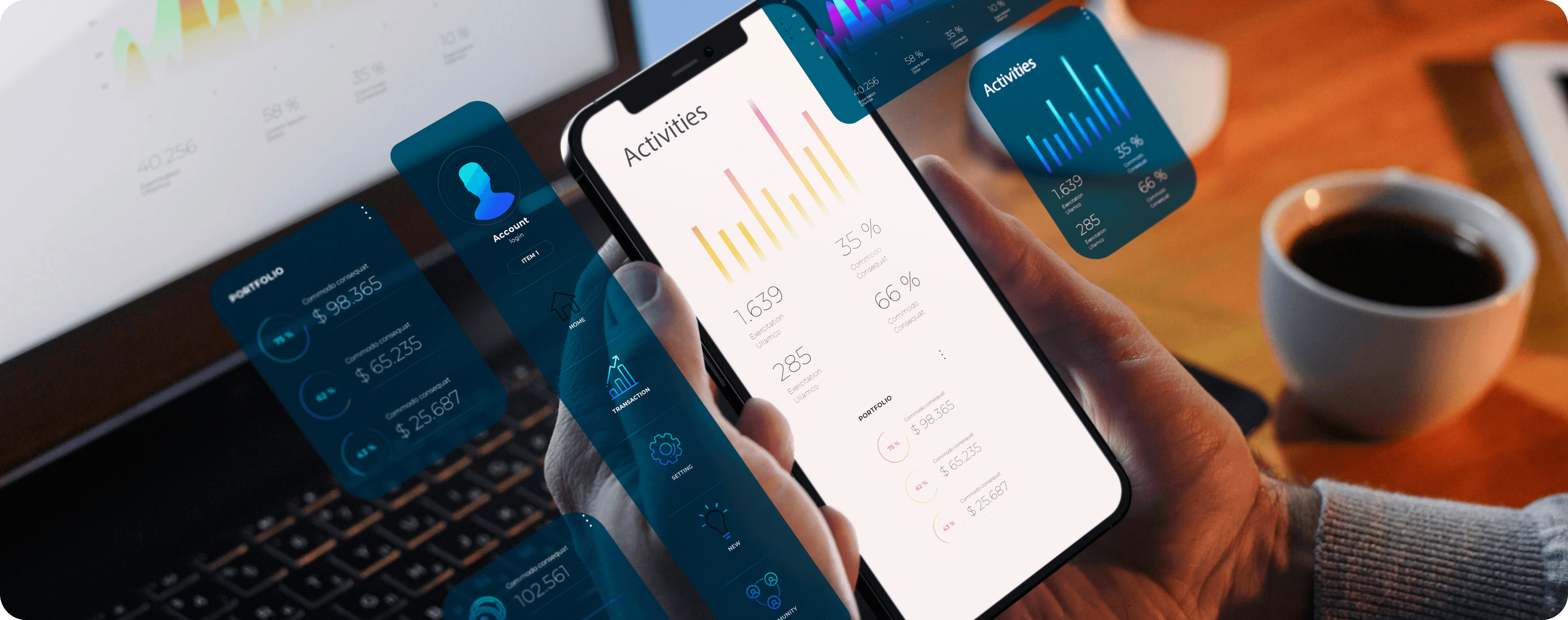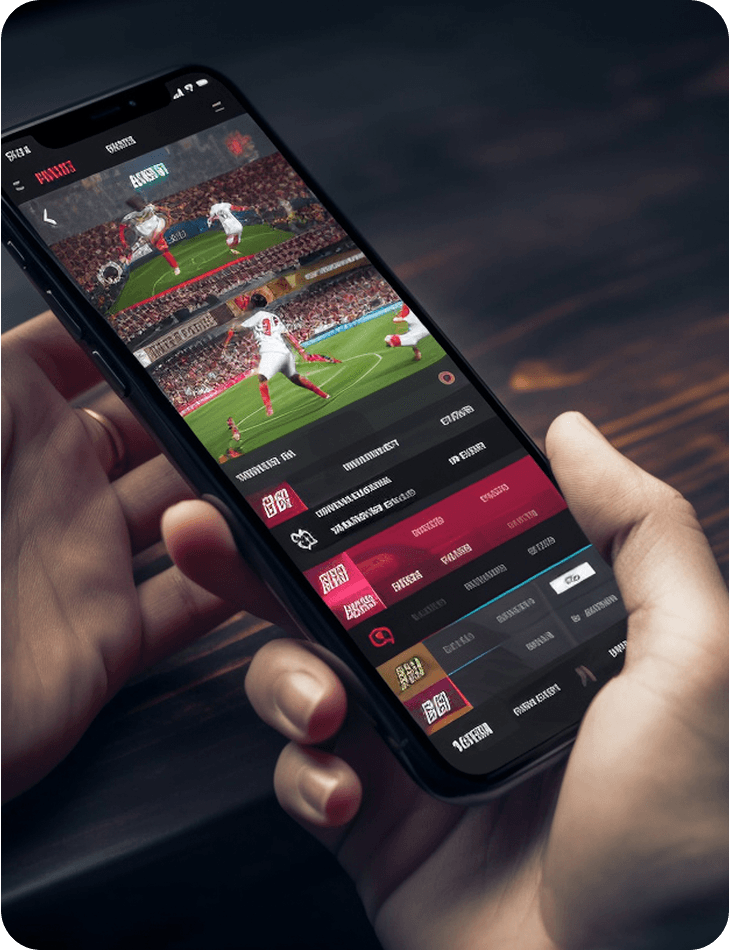Overview
People have always wanted more accessible ways to handle money. From trading goods to using coins and paper money, we made managing finances easier over time. But now, fintech is playing a different game altogether. You can now apply for loans, buy stocks, or even file your taxes on your phone.
Fintech is a growing business, having a market of USD 294.74 billion by 2023 and USD 340.10 by 2025. By 2032, it could be USD 1,152.06 billion, up 16.5% annually. This rapid growth also opens up lots of opportunities for anyone to build a fintech app. So, in this fintech app development guide, we will outline how to build a fintech app and the tools and strategies to succeed in this trending field.
What is Fintech Application?
A fintech app is a software solution that uses technology to improve or automate financial services. These apps provide simple, secure and quick ways to manage money, from mobile banking and digital payments to investing and loan management. Fintech apps combine artificial intelligence, blockchain, and data analytics with traditional financial services to make payments, trade stocks, and apply for loans easily from a smartphone or other device.
Steps to Build a Fintech App
A FinTech app has multiple phases that contribute to a secure, usable and scalable product. This takes planning, technical knowledge and industry standards. Let's explore the steps to create a fintech app.

Ideation & Market Research
Any great app starts with an idea. The first step is identifying what problem your app aims to solve. Whether that means simplifying personal finance management, offering a faster payment solution or building a niche product such as a crypto wallet or robo-advisor, the idea must satisfy a real need. Then comes detailed market research focusing on the target audience, competitor analysis, and market gaps. This keeps your app idea relevant and growing.
Planning & Feature Definition
Next, detailed planning is needed once the concept is clear and market demand has been validated. That includes specifying essential & advanced features for your app. A project roadmap with timelines and milestones is defined, and a development methodology such as Agile / Scrum is selected. Prioritize features for the initial launch (MVP - Minimum Viable Product) and add advanced functionalities in later iterations
UI/UX Design
Design is crucial for FinTech apps, which demand trust and simplicity. Wireframes and prototypes of the app structure and user flow are created during UI/UX design. Ideally, all design aspects should make financial transactions easy and secure, and consistent brand messaging should be used that users will relate to.
Tech Stack Selection
Picking the right technologies is critical for scalability, security and performance. Here is the standard tech options that you can use:
| Component | Technology Choices | Roles |
|---|---|---|
| Frontend | Flutter, React Native, Kotlin, Swift | Create an interface for the app and platform user interactions. |
| Backend | Python, Java, Node.js, Ruby on Rails | Handle server-side operations, API communications and data handling. |
| Cloud Services | AWS, Microsoft Azure, Google Cloud | Provide elastic data storage and app hosting Infrastructure. |
| Database | PostgreSQL, MySQL, Firebase, MongoDB | Place user data and transaction records in a secure location. |
| Payment Gateway | PayPal, Stripe, Square, Braintree | Secure online payments and transaction processing. |
| Security AI/ML (Optional) | SSL/TLS, AES Encryption, Two-Factor Authentication (2FA) Scikit-learn, IBM Watson, TensorFlow. | Enhance security and data protection standards. Implement advanced analytics, fraud prevention and personalized services. |
| Blockchain (Optional) | Ethereum, Hyperledger | Let cryptocurrency integration and decentralized finance happen. |
Development
In the development phase, your app will take shape. Front-end and back-end development teams code, integrate APIs, and bundle features. In Agile, this is done in iterations to allow continuous testing and improvement. Ensuring all components work correctly is essential; code quality is checked frequently.
Testing & Quality Assurance
As financial data is sensitive, testing is necessary. Routine functional testing ensures all features work as expected, and security testing prevents possible breaches. Performance tests guarantee the app can process high volumes of transactions, and usability testing ensures the app is usable. No problems should go unchecked before launch.
Compliance & Regulatory Checks
FinTech apps operate within strict regulatory environments based on the regions they serve. It is mandatory to follow regulations such as GDPR in Europe or PCI-DSS in the U.S. During app development, compliance checks are done with legal experts to ensure the app meets laws and financial standards.
Deployment
After the checks are all done, launch the app. That means installing the App on Google Play and Apple's App Store and setting up backend servers and cloud infrastructure. Meeting platform-specific guidelines is mandatory for a successful deployment. This stage also includes final testing to ensure everything works in the real world.
Post-Launch Maintenance
Even after deployment, the app needs constant monitoring, maintenance and updates. Regular security patches, feature enhancements and user feedback analysis are necessary to keep the app secure and competitive. Post-launch analytics track user behavior, identify improvement areas and refine the user experience over time.
Common Challenges in Fintech App Development
Fintech app development poses challenges mainly related to regulatory requirements, data sensitivity and user expectations.
Data Security
Data protection is essential for financial data. Developers must implement cryptography, multi-factor authentication and regular security audits to prevent cyberattacks.
User Trust
Building credibility in a competitive market means making users feel safe with their financial information and the app
Technical Expertise
Finding finance and technology-savvy professionals is a challenge that often affects development speed and quality.
Market Competition
In the fintech sector, to stand out, you need innovative features and an excellent user experience that is adapted to the market.
System Integration
Seamlessly integrating this with third-party services like banking systems is complex - especially with legacy systems.
Your Path to Fintech App Success in 2025
A successful fintech app in 2025 requires detailed planning, a strong security focus and compliance with constantly changing regulations. With the right technologies and following the development steps and best practices, you can build a secure app that will compete in the fintech market.
If you're ready to bring your fintech vision to life, CodeDTX offers expert fintech app development services to help you every step of the way. Let’s make your idea a secure solution.

Best Practices to Follow When Building a Fintech App
Strategic practices are needed for companies to overcome the challenges of fintech app development. These best practices assure regulatory compliance, security and a consistent user experience during development.
Thorough Planning
Conduct detailed research and set goals early to satisfy regulatory and user needs.
Security First
Include encryption, secure coding and regular testing from the start to minimize risks.
Agile Development
Use agile methodologies to react quickly to changes and take user feedback continuously.
User-Centric Design
Design intuitive UIs to increase retention.
Expert Collaboration
Partner with a FinTech mobile app development company to overcome technical and regulatory hurdles effectively.





